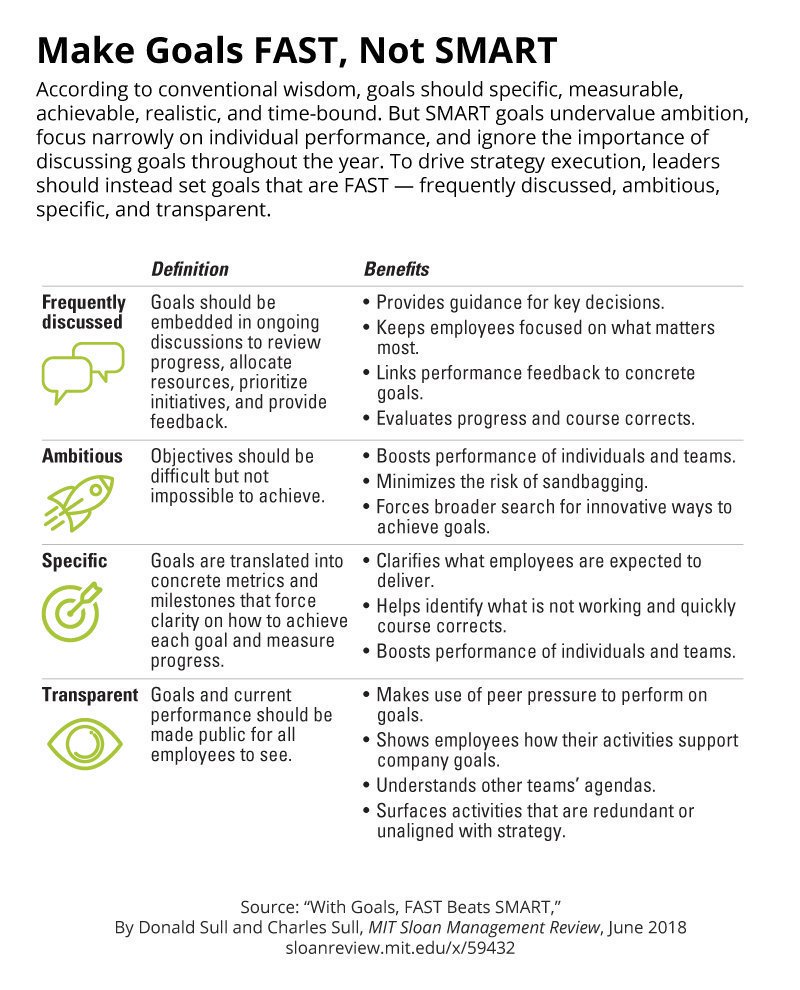""We always start with manual work," says Kawai. "The automation process will progress, generally speaking. But when we use robots, they'll be trained by people who know what they're doing." In this simple sentence lies an entire philosophy: Kawai is throwing out the robots and replacing them with human workers – as often as he can.E este pormaior, para os parolos que acham que o futuro é a automação sem mais reflectirem um bocado:
...
While everyone is talking about how robots will very soon be taking away our jobs, Toyota is shaking things up and charting out its own course. Even before Kawai took the lead at Toyota in 2015, the company's automation program was changing direction in many areas of production. Now, from the forging shop to chassis assembly and the paint shop, human beings are back at work again in places were robots were recently employed.
...
If Toyota has an automation ratio that is barely greater than 10 years ago – sources put the machine-to-human ratio at less than 10% – this has financial reasons as well as the pursuit of quality. Kawai says: "If you immediately start with automation in production lines, you get highly complex systems that are also very expensive and often stand idle."
"Anyone can buy robots, but the knowledge to use them effectively is best acquired by oneself."E tanta gente a acreditar que o trabalho humano não tem futuro... pois, gente que não percebe Mongo.
Como não recordar "Nem de propósito".


















